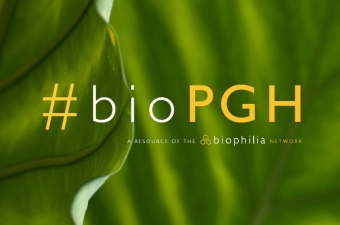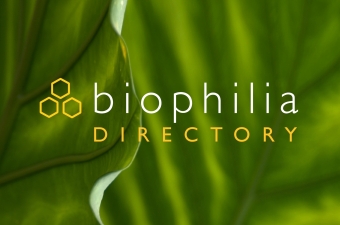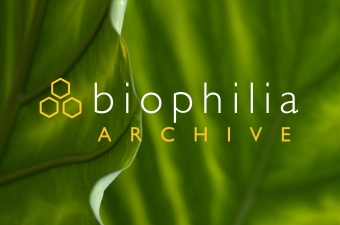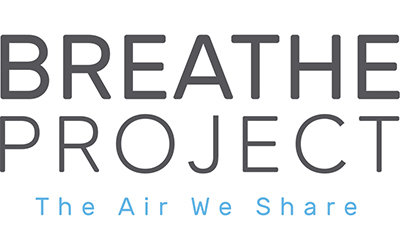Biophilia Network

IMPORTANT NOTE
Changes are coming to Biophilia – stay tuned for more details! For any questions or concerns, please email Science Education Program Manager, Dr. Maria Wheeler Dubas at mwheeler-dubas@phipps.conservatory.org.
Designed as a series of posts on the Phipps blog and a hashtag for use on Twitter and Instagram, #bioPGH is a new social call-to-action for people throughout the region to more closely examine the beauty and importance of the nature around them.
Inspired by the Biophilic Cities initiative, the Biophilia: Pittsburgh Directory seeks to present an overview of the biophilic organizations, events, activities and projects in Pittsburgh, to aid the public in enhancing their connections to nature and discovering collaborative opportunities.
In this archive, you may access presentation materials and video recordings from previous installments of our monthly Biophilia: Pittsburgh meeting series. Additions will be made often, so visit regularly for the latest materials to deepen your Biophilia: Pittsburgh experience.
Biophilia: Pittsburgh meets monthly at Phipps Conservatory and Botanical Gardens where, over delicious small-plates and light refreshments, an expert guest speaker discusses ways of connecting people to nature and showing how these connections can improve our lives in the interest of sharing ideas and identifying opportunities.
Our Goals
• To welcome and inspire others with the concept and principles of biophilia
• To foster collaboration and learning between professionals from a wide variety of disciplines
• To communicate biophilic principles in action-oriented ways to a wider audience for exponential and regional impact
What Is Biophilia?
The term “biophilia,” which literally means “love of life,” was coined by social psychologist Erich Fromm and popularized by biologist E.O. Wilson, who defined it as “the innately emotional affiliation of human beings to other living organisms.”
The implications of biophilia extend across a vast array of disciplines including design and engineering, nutrition, psychology, public health, education, biology and the humanities. Biophilia is expressed all over the world every day, through complex collaborations such as the design and construction of buildings and landscapes; and intimate, personal encounters including nature hikes and home gardening.
Photo © Paul g. Wiegman, Phipps staff







